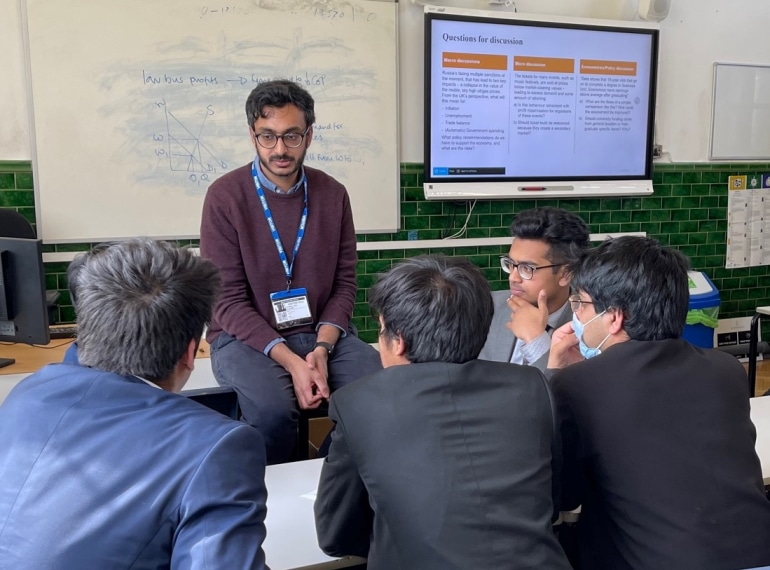
An alumni trio of Economics graduates gave current QE sixth-formers key insights to guide them along their university and career paths in a series of talks.
Zainul Jafferji (2000-2007) visited on three occasions, while Zain Gulamali (2005–2012) and Yemi Falana (2008–2015) gave virtual talks.
It was, Zain told the Headmaster afterwards, “lovely to get a chance to ‘give back’… always keen to help where I can. I still remember how I felt when I was in their shoes and how important QE has been in my life since I left.”
Zainul Jafferji
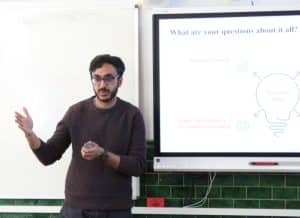 Zainul Jafferji, who took a Master’s in Economics (MPhil) at Cambridge, visited on three consecutive weeks.
Zainul Jafferji, who took a Master’s in Economics (MPhil) at Cambridge, visited on three consecutive weeks.
He told Year 12 members of the Economics Group about applying for and studying Economics at Cambridge, set out career paths and explained how to think like an economist.
In the first session, he told members of the Economics Group about Cambridge’s Economics admissions process. Not only had taking a diverse range of A-level subjects (Mathematics, Economics, Physics, German) given him an edge and enabled him to stand out from the crowd, but his German is useful even today when he is advising German companies in his role as a Management Consultant, he said.
He urged the boys to start researching universities and courses early, suggesting they use QE Connect to speak to OEs before applying. This was doubly important for Cambridge where the choice of college is important: he advised looking up a college’s financial situation, location and, perhaps most importantly (!), menus, before applying.
Zainul stressed the importance of regularly reading The Economist and other Economics materials to prepare for interviews and advised the boys to hone their speaking skills by getting involved in debating and taking LAMDA examinations.
He concluded the session by telling the boys to expect an intense, independently led course at Cambridge, where they would be in tutorials either alone or in small groups and so have nowhere to hide if they had not prepared correctly
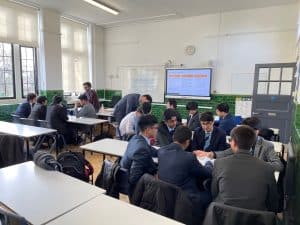 In week two, he outlined the four main career paths for Economics undergraduates: investment banking, management consulting, public policy and further study.
In week two, he outlined the four main career paths for Economics undergraduates: investment banking, management consulting, public policy and further study.
University of Cambridge career fairs begin three weeks after term starts and applications for ‘Spring Weeks’ (an Easter internship) start soon after. It was, he said, important to apply early for “ferociously competitive” areas such as banking and consulting.
Zainul was able to secure a Spring Week at Royal Bank of Scotland in his first year. (He maintained that the bank’s financial collapse soon after, in 2008, was despite, rather than because of, his work there!)
In his final session, Zainul spoke on critical-thinking skills. He outlined the key skills required to think like an economist and to construct powerful, compelling arguments.
Students then split into three groups, looking at topics covering macroeconomics, microeconomics and econometrics. One group tackled the most current of issues: the impact of sanctions on Russia on the UK economy. He helped the pupils to move beyond CPI as a measure and to better understand the worry of a wage-price spiral taking hold.
Afterwards, Economics teacher Sheerwan O’Shea-Nejad said: “Zainul has been an excellent guide for the students through the process of choosing a university, thriving there, getting a job and excelling once employed.”
Zain Gulamali
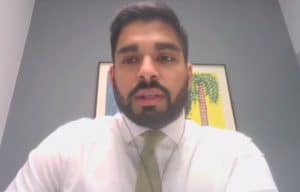 In his virtual talk, Zain, who read Philosophy, Politics and Economics (PPE) at Warwick, said boys should start at university as they meant to finish, rejecting any thoughts of “the first year doesn’t count so I will work harder in the second and third years”.
In his virtual talk, Zain, who read Philosophy, Politics and Economics (PPE) at Warwick, said boys should start at university as they meant to finish, rejecting any thoughts of “the first year doesn’t count so I will work harder in the second and third years”.
He advised them to start applying for work experience immediately: there was no such thing as bad work experience, since even a boring placement could show them what to avoid.
Zain previously worked at an accountancy firm to qualify as an ACA accountant, but now works in the finance department of multi-national mining company Anglo-American.
He warned of the dangers of ending up in an unfulfilling repetitive career just to earn a large salary and impress others.
Yemi Falana
 In his talk, which was also delivered online, Bristol graduate Yemi related how he had switched from Medicine to Economics at university. He said frankly that his parents were keener on Medicine than he was.
In his talk, which was also delivered online, Bristol graduate Yemi related how he had switched from Medicine to Economics at university. He said frankly that his parents were keener on Medicine than he was.
Yemi stressed the importance of applying for internships early – even during A-levels. His included two with Goldman Sachs, where he then went on to take up a full-time post as an analyst in 2018.
Now an Associate with the investment bank, he advised researching the work-life balance and job security of different roles carefully, remarking on how he works shorter hours than the deal-making teams, and appreciates the opportunity to have more of a personal life.

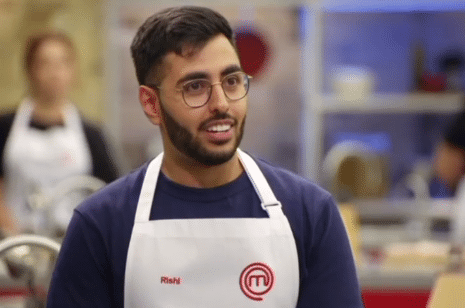
 His dessert, a dark chocolate pavé topped with a pistachio dust and crystallised pistachios with a cardamon shortbread biscuit, saffron caramel and a cardamom crumb, was described by the celebrity chef as “professional level”.
His dessert, a dark chocolate pavé topped with a pistachio dust and crystallised pistachios with a cardamon shortbread biscuit, saffron caramel and a cardamom crumb, was described by the celebrity chef as “professional level”. Looking back, he can see that his time at QE helped lay the platform for his current success, both in his career and in his ability to cope with the intense demands of the show. “I think the pressure of School did set me up for future pressure – in a good way! It was a lot of hard work and I got used to working hard and working independently.
Looking back, he can see that his time at QE helped lay the platform for his current success, both in his career and in his ability to cope with the intense demands of the show. “I think the pressure of School did set me up for future pressure – in a good way! It was a lot of hard work and I got used to working hard and working independently.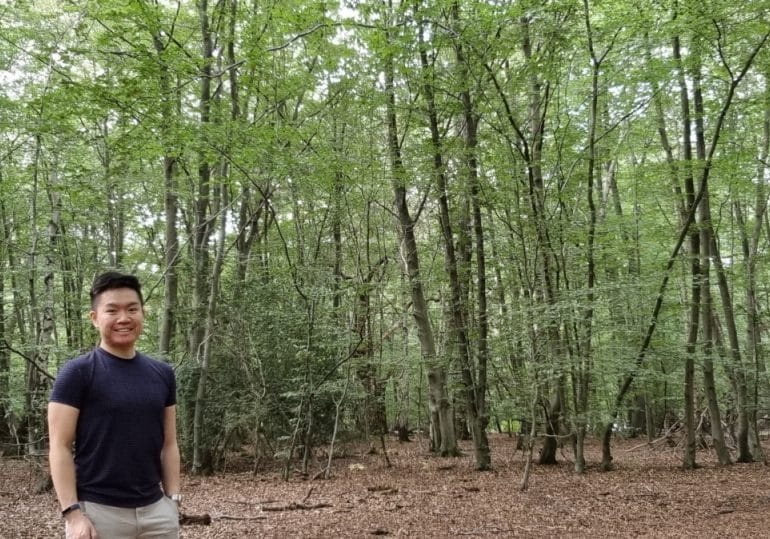
 A way forward came in the shape of a part-time job with Apple, where he started as a humble shop floor assistant (a ‘Specialist’) at an Apple Store, before progressing to become an ‘iOS Champion’ –- “basically anything to do with iPads, iPhones etc.” –- and then being offered the opportunity to deliver workshops, in addition to his iOS Champion role. (He is pictured, circled centre, on his first day.)
A way forward came in the shape of a part-time job with Apple, where he started as a humble shop floor assistant (a ‘Specialist’) at an Apple Store, before progressing to become an ‘iOS Champion’ –- “basically anything to do with iPads, iPhones etc.” –- and then being offered the opportunity to deliver workshops, in addition to his iOS Champion role. (He is pictured, circled centre, on his first day.) Juggling everything was not easy and, as Barry admits, in the run-up to his finals, his studies suffered: “I’d either be working, or applying to every single technology consulting firm graduate opportunity that I could find. I found that job applications were extremely time-consuming, especially if you want to tailor each application to each company.”
Juggling everything was not easy and, as Barry admits, in the run-up to his finals, his studies suffered: “I’d either be working, or applying to every single technology consulting firm graduate opportunity that I could find. I found that job applications were extremely time-consuming, especially if you want to tailor each application to each company.”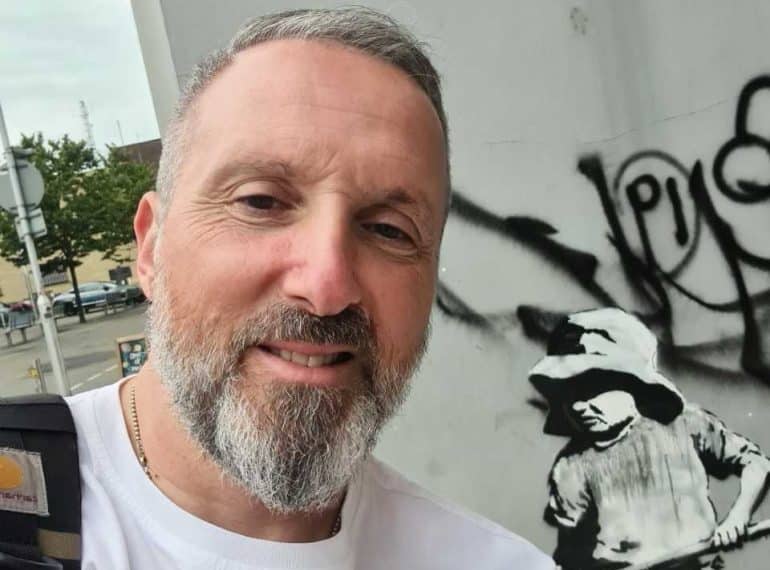
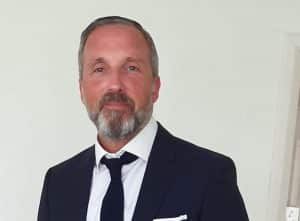 After leaving the University of Greenwich with a degree in Real Estate, Warren (OE 1986–1988) worked in the 1990s as a Planner Buyer for industry giant MediaCom.
After leaving the University of Greenwich with a degree in Real Estate, Warren (OE 1986–1988) worked in the 1990s as a Planner Buyer for industry giant MediaCom.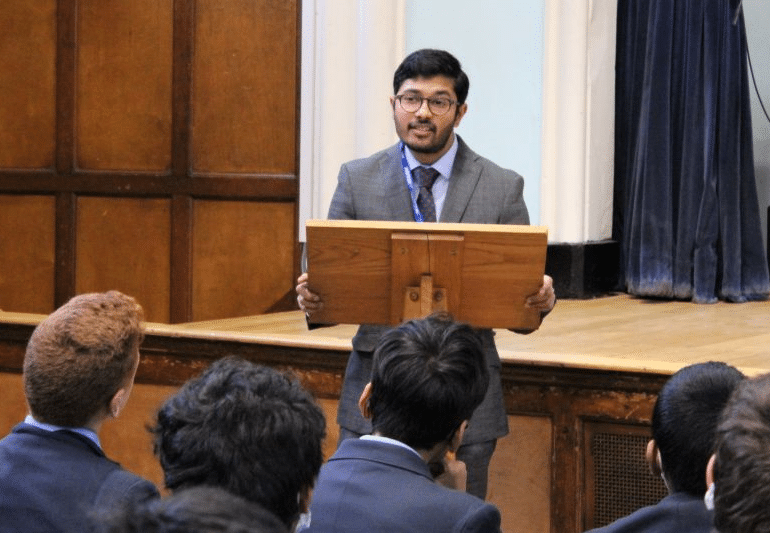
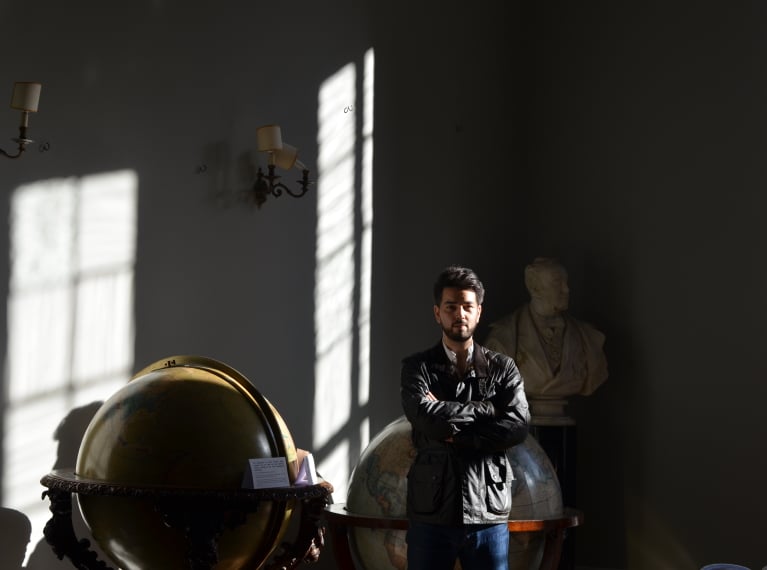
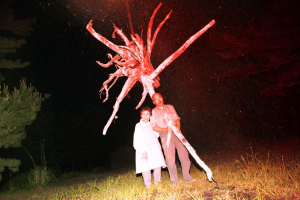 The exhibition
The exhibition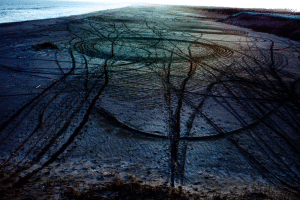 The exhibition, entitled Picturing the Invisible, sees his research interests coming together with his longstanding involvement with the London art scene: while in the Sixth Form at QE, he took part in in the Royal Academy’s attRAct programme and in the Louis Vuitton Young Arts Program; he has also been an Event Manager at the OPEN Ealing community art gallery.
The exhibition, entitled Picturing the Invisible, sees his research interests coming together with his longstanding involvement with the London art scene: while in the Sixth Form at QE, he took part in in the Royal Academy’s attRAct programme and in the Louis Vuitton Young Arts Program; he has also been an Event Manager at the OPEN Ealing community art gallery.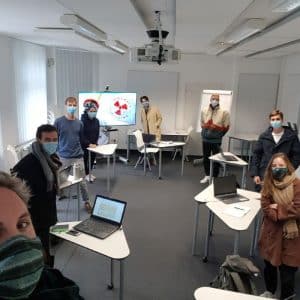 In preparing for it, Makoto says he has been committed to pedagogic innovation to benefit students disadvantaged by the impact of Covid-19 on higher education. “The pandemic has robbed students of so much of the normal university experience, so it’s even more important than ever to innovate new modes of engagement. In this spirit, I integrated preparations for Picturing the Invisible into my teaching at MCTS. Seven students from the Responsibility in Science, Engineering and Technology course have been involved in every step of the planning and [have shared] their perspectives on the works in the exhibition programme, alongside seasoned policymakers, activists, and experts.”
In preparing for it, Makoto says he has been committed to pedagogic innovation to benefit students disadvantaged by the impact of Covid-19 on higher education. “The pandemic has robbed students of so much of the normal university experience, so it’s even more important than ever to innovate new modes of engagement. In this spirit, I integrated preparations for Picturing the Invisible into my teaching at MCTS. Seven students from the Responsibility in Science, Engineering and Technology course have been involved in every step of the planning and [have shared] their perspectives on the works in the exhibition programme, alongside seasoned policymakers, activists, and experts.”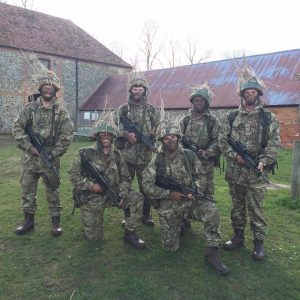 During his schooldays, Makoto threw himself into all that QE had to offer. He was involved in debating, was the leader of the second violins in the Chamber Orchestra and was in the waterpolo team.
During his schooldays, Makoto threw himself into all that QE had to offer. He was involved in debating, was the leader of the second violins in the Chamber Orchestra and was in the waterpolo team.